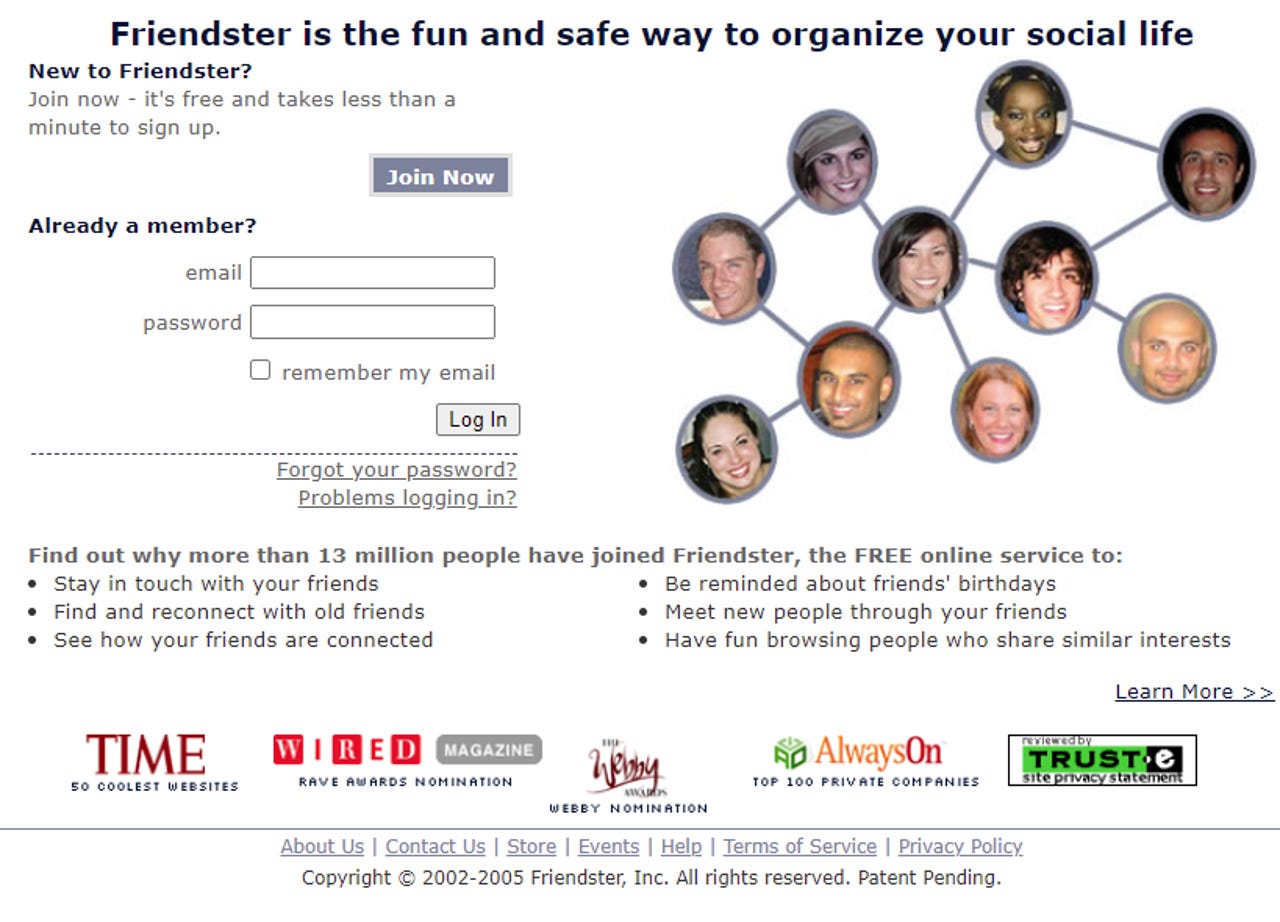The man who could have made $1 billion in Google shares - but turned it down

Most of us use Facebook, Twitter and Instagram on a daily basis, but do you remember the social networks that came before these sites? Now a new podcast series aims to take you back to how these social networks came about.
Aaron Dinin, the host of the Web Masters podcast series, spoke with Jonathan Abrams, founder of early social network Friendster discussing how he came to create the site.
Most people recognise Friendster as inventing social networking as we now know it, but Abrams had no idea if the site would work, treating it as an experiment.
He worked at Nortel, where he created a software tool called Achoo – a play on the Yahoo brand. It resembed an internal version of Yahoo for Nortel that would bring the company pages together. He then moved to Silicon Valley to work at Netscape.
In 1999 he created Hotlinks – an online bookmarking community where people could share interesting bookmarks with others, but the dotcom boom, and crash made it hard to continue.
Abrams wanted to inforporate real life social context into online services using real names and pictures instead of pseudonyms. He came up with the name Friendster, and built the prototype – and his friends thought that it was the dumbest idea he ever had.

Friendster was based on the six degrees of separation – you invited your friends, and they invited their friends, which showed you friends that you had in common.
The platform grew exponentially, growing to millions of users by the end of the first year. The platform was coded solely by Abrams, even after it had millions of users
The company was a year old when Google offered to buy it for $30 million in shares - which would be worth over $1 billion today. But Abrams had a bunch of high powered and successful investors telling him they could help turn Friendster into a multi-billion dollar company.
Abrams chose to take venture capital investment and scale it himself instead of selling it to Google – a company with far more resources than his start-up.
Abrams notes " If we had sold that company to Google, I looked at the fact that Orkut and Google Buzz and Google+ were ultimately not successful.
Then they also had a lot of other smart social media entrepreneurs whose companies were acquired at Google…So in all likelihood, probably something similar would have happened had we early on been swallowed up by a bigger company".
Abrams eventually left Friendster and the company was sold to a company in Asia – who sold the patents to Facebook's Mark Zuckerberg.
He feels that Friendster could have become a successful company, worth billions of dollars. He feels disappointed that Friendster "ended up being the leader in an industry that we started and then having such a disappointing outcome".
Friendster certainly was a ground-breaking platform asking people to kind of change their behaviour, to do things that previously that people did not seem to be comfortable with on the internet – like using their real names and images to talk with their friends.
Friendster lost the market to competitors and his decision to reject Google became one of the cautionary tales for start-up founders everywhere.
But if Facebook hadn't got access to its patents, and develop the platform into the behemoth it has become, I wonder what the social networking landscape would look like now?